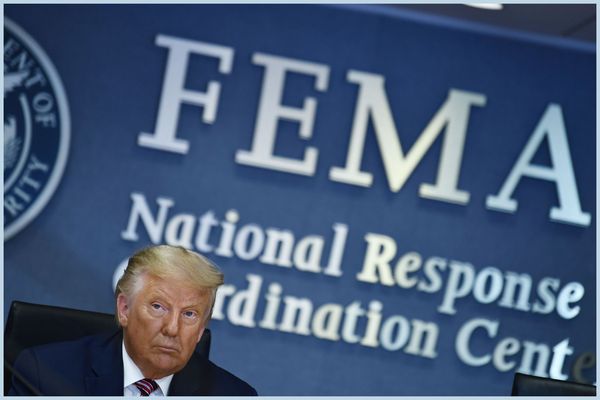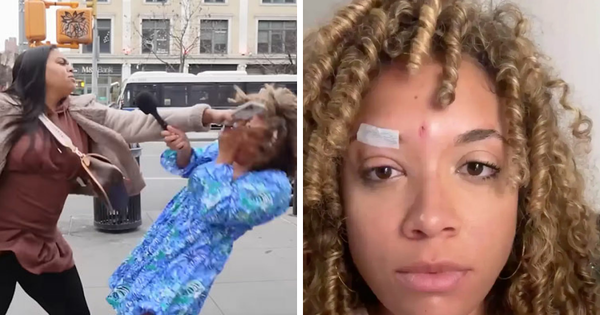
Japan’s most senior police officer has said he will resign to take responsibility for security lapses leading up to the fatal shooting last month of the former prime minister, Shinzo Abe.
Itaru Nakamura said on Thursday that he intended to step down as head of the national police agency to give the organisation a “fresh start”, weeks after Abe was gunned down while making an election campaign speech.
“We have decided to shake up our personnel and start afresh with our security duties, and that’s why I tendered my resignation today,” Nakamura told reporters at a press conference in which he detailed the lapses in security on the day of the shooting.
“In the process of verifying our new security plan, we have come to realise that our security system needs a fresh start … we need a new system to fundamentally reexamine security measures and ensure this never happens again.” He did not say when his resignation would take effect.
Media reports said Tomoaki Onizuka, the head of police in Nara, the western prefecture where Abe was killed, had also said he would quit.
Abe’s assassination, which occurred late in the morning outside a suburban railway station, immediately raised questions about how the suspect, Tetsuya Yamagami, was able to shoot his target from behind at close range.
Security experts have said bodyguards could have saved Abe by shielding him or pulling him out of the line of fire during the two-and-a-half-second gap between the first shot, which missed the target, and the second, fatal shot.
The prime minister, Fumio Kishida, acknowledged security arrangements had been flawed, while police officials admitted there had been “problems” with security.
“We failed to fulfil our responsibility to protect dignitaries,” Nakamura said soon after the 8 July shooting, before calling for an investigation and a review of security for politicians and other VIPs. “We take this extremely seriously. As the [police agency] commissioner general, who is in charge of directing and supervising prefectural police, my responsibility is truly grave.”
Abe’s death, just two days before national elections, prompted other candidates to cancel speeches or step up security measures.
Japanese media reported that none of the three local police officers assigned to watch the area behind Abe had noticed Yamagami approaching the politician shortly before he opened fire with a homemade gun. Instead, according to the Mainichi Shimbun newspaper, they had been observing the growing number of people stopping to listen to Abe’s speech.
Yamagami, who is reportedly undergoing a psychiatric evaluation, got to within about seven metres of Abe before firing the first shot, the Yomiuri Shimbun said, citing investigative sources, before firing the second from a distance of about five metres.
Yamagami has told investigators he was driven to kill Abe by a hatred of the Unification church, saying his mother had left their family financially ruined after making huge donations to the organisation.
Abe last year delivered a video message to a group affiliated to the church, and his grandfather, the postwar prime minister Nobusuke Kishi, helped it establish a presence in Japan to counter the growing influence of communism and the trade union movement.







